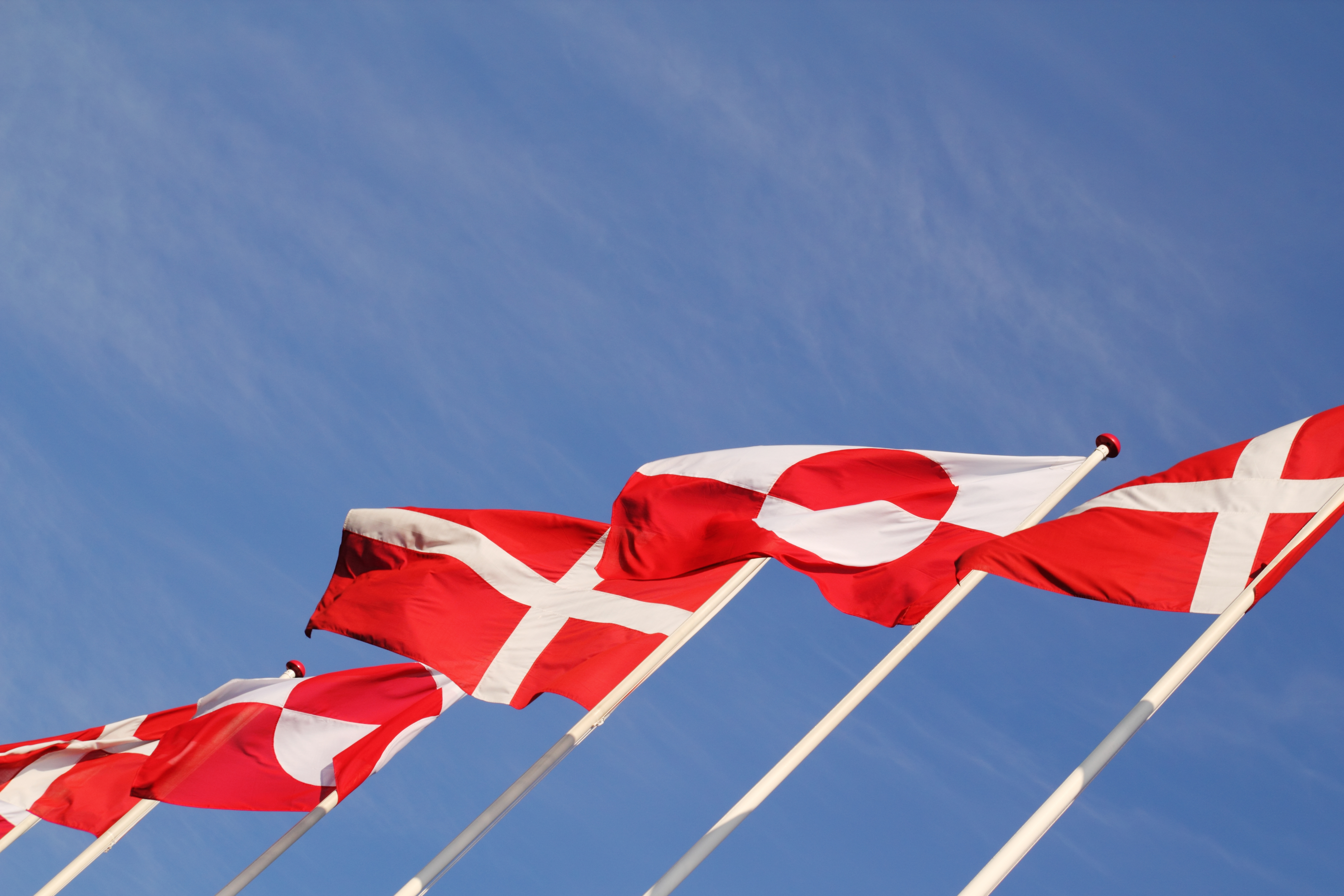An update to the official Danish dictionary raises objections from Greenlanders

If you speak Danish and are looking for an insensitive term to describe someone who is falling-down drunk, ‘grønlænderstiv’ (drunk as a Greenlander) is an option.
Few would argue the term, which can be dated to 1997, is polite, but a decision to enshrine it in Den Danske Ordbog, the six-volume definitive lexicon of the Danish language, has raised objections, leading to calls that the Danish Language and Literature Society reverse its decision to include it in the most recent update.
“It is extremely condescending, and it pains us to hear that that term will be included in the Danish dictionary,” said Malene Schørring, the chair of Inuit, an umbrella group representing 23 Greenlandic groups in Denmark.
The term will be one of 1,445 words added to 100,000-word dictionary on Friday. Many of the words the dictionary contains are offensive, Lars Trap-Jensen, an editor of the dictionary’s online version told Danish media this week. However, he noted that because the words existed that the Danish Language and Literature Society had an obligation to document their use.
The Danish Language and Literature Society is positioned as a neutral observer and so has a policy of not dictating how language is used. Offensive terms are labelled, however, often with an explanation of why. In this case, the dictionary will state that the term is “out of date” and “based on a stereotype that people from Greenland drink more than people in Denmark.”
Those defending the decision to include the term say doing so will help make sure people are aware that it insensitive. They also point out that the synonymous term ‘svenskerstiv’ (drunk as a Swede), failed to generate the same controversy when it was included.
But such comparisons fail to recognize that people from Greenland face marginalization and discrimination in Danish society, according to Nauja Lynge, an advocate for people from Greenland living in Denmark.
“This is a very sensitive issue,” she said. “People from Greenland have been constrained to an untenable situation by this sort of language and mistaken policies. Every time a word like this is used, people from Greenland living in Denmark are confronted with all their emotional scars.”